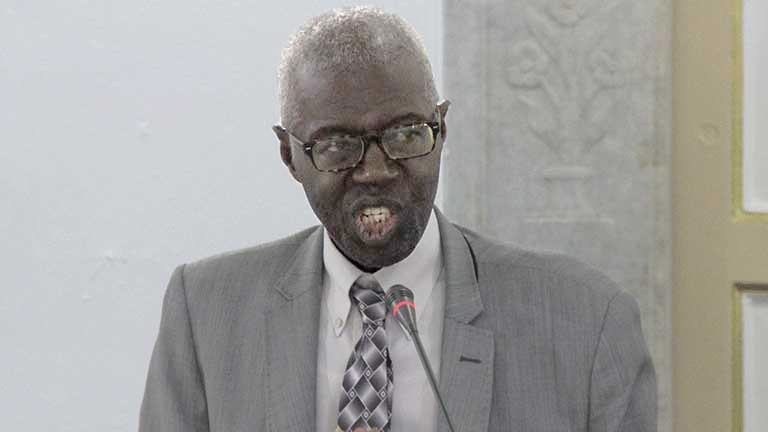Translators are the Explorers of the Language of Languages

Youssef Cherif: Étudier et penser la traduction, est-ce encore indispensable, dans un monde de plus en plus globalisé, où un outil comme Google traduit un texte en une fraction de seconde ?
Souleymane Bachir Diagne: Il faut bien entendu penser la traduction en ayant à l'esprit ce qu'aujourd'hui Google translate ou Deep L translator peuvent réaliser. Et tout indique que la qualité des interprétations produites par les moeurs de traduction automatique ira s'améliorant. Justement leur travail est d'interprétation, et non de traduction selon une distinction classique en philosophie de la traduction. Comme l'interprète que j'entends dans mes écouteurs me transmettre un propos comme s'il s'était tenu dans ma langue, l'automate supprime la distance entre les langues. Alors que la tâche du traducteur est, au contraire, de manifester l'expérience de la distance entre les langues, leur incommensurabilité, dont il prend la mesure pour mieux construire un pont entre elles, et ainsi donner hospitalité dans ma langue à une autre. Hospitalité veut dire que cette autre langue ne s'efface pas dans la mienne mais s'y fait sentir. Ainsi, lorsque les automates seront devenus la langue universelle, les traducteurs demeureront les explorateurs de cette "langue des langues" qu'est la traduction.
English Translation:
YC: Is it still necessary to study and reflect on translation in an increasingly globalized world, where a tool like Google translates a text in a fraction of a second?
SBD: Of course, we have to reflect on translation, bearing in mind what Google translate or Deep L translator can achieve nowadays. And everything suggests that the quality of the interpretations produced by machine translation will improve. Their job is precisely to interpret, not to translate according to a classic distinction in translation philosophy. Just as the interpreter I hear in my headphones transmits to me what is being said as if it had been said in my language, the machine eliminates the distance between the languages. Whereas the task of the translator is, on the contrary, to manifest the experience of the distance between the languages, their incommensurability, which he takes the measure of in order to better build a bridge between them and thus give hospitality in my language to another. Hospitality means that this other language does not disappear into mine but is felt there. Thus, when automata have become the universal language, translators will remain the explorers of this "language of languages" that is translation.